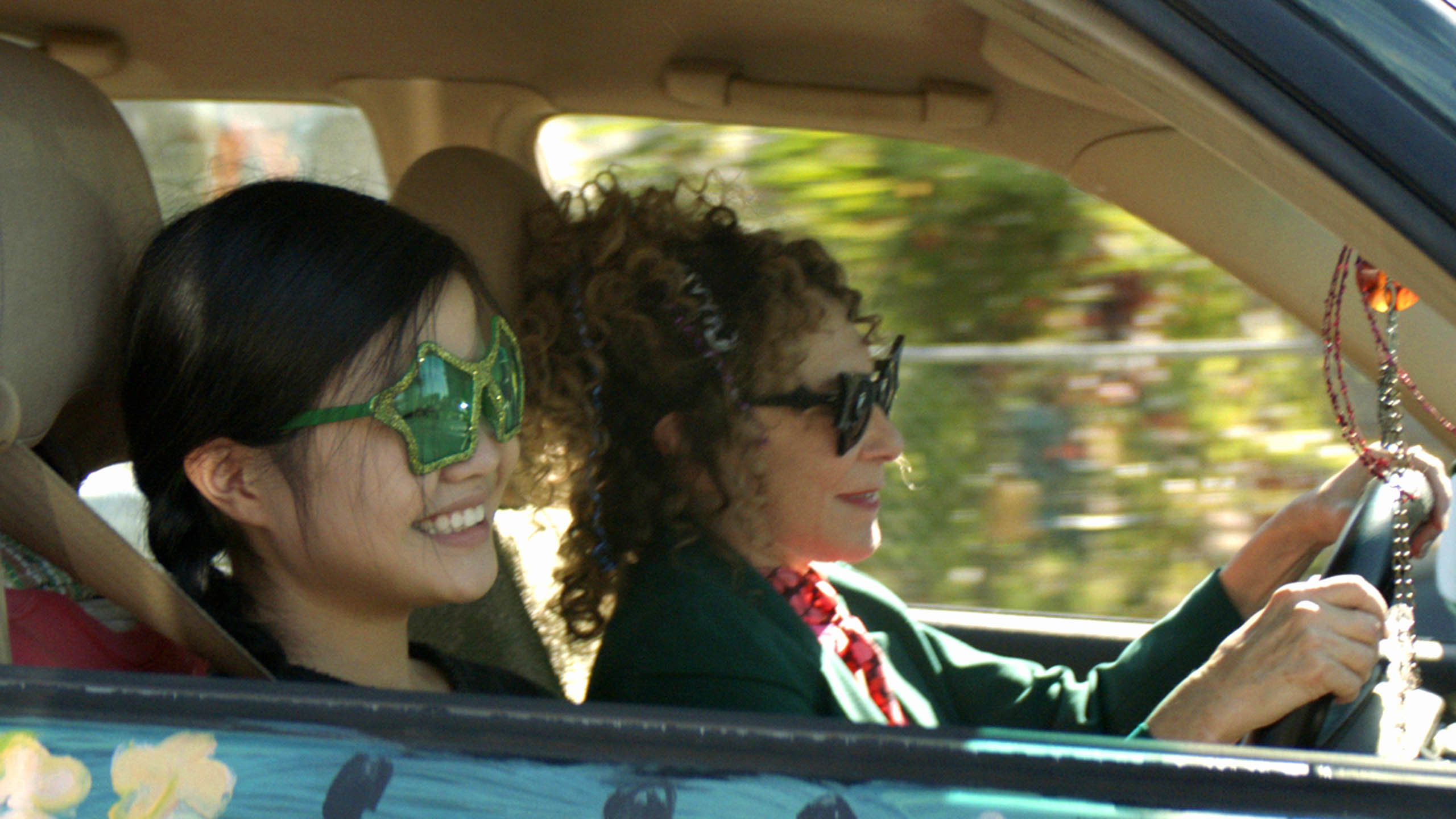What to Watch Verdict
The familiar beats of the coming-of-age genre trap the film in a predetermined structure but within that narrative, the film is creative, emotional altogether heartwarming.
Pros
- +
🐇 Heartwarming story.
- +
🐇 Filled with empathy for its characters.
- +
🐇 Creative visual style.
Cons
- -
🐇 Choppy in its structure.
- -
🐇 Takes time to find its footing.
- -
🐇 Misses opportunities for further character development.
Marvelous and the Black Hole is part of our Sundance Film Festival 2021 coverage. You can find all of our reviews here.
Marvelous and the Black Hole follows a very familiar narrative: a coming-of-age story that explores grief and childhood angst. This template often makes for heartwarming tales at the cost of treading old, well explored ground. But this film traverses that familiarity, emboldened by director Kate Tsang’s inventive approach to storytelling. With immense empathy and understanding for its main character’s chaotic range of emotions, Marvelous and the Black Hole is a charming if predictable entry into the genre.
When we meet our main character, thirteen-year-old Sammy Ko (Miya Cech), she has already exhausted everyone in her life. Struggling to cope with her mothers death and unhappy with her father’s new relationship, she lashes out whenever possible. After a series of events, including skipping class and vandalizing school property, her father gives her an ultimatum: enroll in a summer course or attend a boot camp for delinquent youth. Though she begrudgingly accepts the former, this does little to change Sammy’s behavior. As far as she can see, Sammy is the titular black hole — so enveloped in her grief that it consumes her personality and influences her every action. However the film's empathy for her angst is unrelenting, revealing that she is more capable of healing than she seems to realize.
The possibility for growth presents itself in the form of Margot (Rhea Perlman), a quirky magician that Sammy forms a connection with. Magic provides her an outlet and in Margot she finds support. But even with the addition of magic and new friendship, a significant obstacle remains: Sammy is standing in her own way. Tsang treats this internal struggle with the tenderness it deserves, engaging with Sammy’s emotional turmoil in all its fullness. Her childishness and rebellion are intrinsically linked to her grief, making clear that while her decision-making is unbelievably flawed, her rage is wholly understandable. Newcomer Miya Cech plays Sammy with startling understanding. As Sammy, she is external, wearing her heart on her sleeve. Her rage reveals itself to us in every clench of her fist before bursting out in her dialogue. This is not to say that the film is incapable of subtlety; in its periphery we see the alternative coping methods taken by her family members even though Sammy, consumed by her own turmoil, fails to recognize their pain.
Holding Marvelous and the Black Hole back is its tendency for erratic storytelling: at times the film choppily transitions from one scene to the next. This is especially unfortunate for its moments of weighty emotion. The film rarely slows down, giving its characters little time to live under the weight of their feelings. Leonardo Nam, as Sammy’s father offers a complexly restrained performance, threading the line between mourning and looking to the future. Kannon, as Sammy’s older sister Patricia, is an immediate standout, working off of Cech to capture a touching sibling dynamic. Both internalize their grief in ways that Sammy can’t always comprehend — but this thread goes largely unaddressed, as the film moves forward in its need to hit all the coming-of-age cliches. We know the beats of this story from the very beginning and can often intuit revelations and moments of character development. The film compensates by speeding through these scenes and emotionally suffers as a result. With more time spent, perhaps the other characters could match Sammy’s emotional depth.
Marvelous and the Black Hole is still an evocative piece that thrives in its creativity. True to childhood, the film is unafraid to indulge with whimsy and magic. Tsang puts her experience in animation to good use, finding visually creative ways to show us how Sammy perceives the world around her. Doing so allows the film to immerse us in her emotional journey. With Tsang’s guidance, the film tells a charming and altogether heartwarming story. Marvelous and the Black Hole is true in its capacity for empathy, all the while finding innovative ways to awaken our inner child.
The latest updates, reviews and unmissable series to watch and more!

